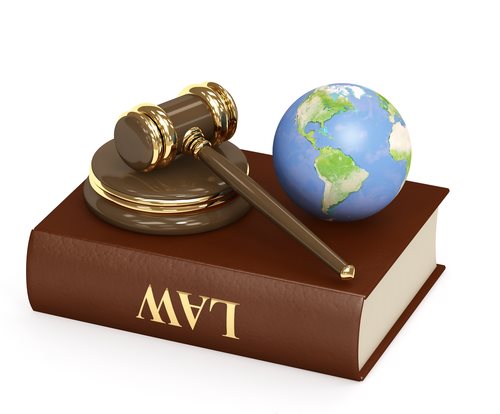The Truth Behind The History of Consumer Protection Laws
What are Consumer Protection Laws?
Consumer Protection, which is a genre within the overarching legal specialty of Consumer Law, is classified as a legal field that focuses on the protection of consumers engaging in commercial activity within the commercial market.
Consumer Protection Laws not only ensure that the consumers engaging in commercial activity rooted within purchase and consumerism will be regulated in accordance to Consumer Rights legality, as well as provide for the regulation of all commercial activity undertaken by vendor-based commercial operations in order to ensure Consumer Protection. Within the scope of Consumer Protection Laws, a wide variety of criminal activity, unethical dealings, illegal strategies, and unlawful business practices have existed since the inception of commerce.
Consumer Protection Laws of 50 B.C.
The earliest incarnation of Consumer Protection has been recorded as the implementation of the ‘Lex Julia de Annona’ statute, which was passed by the Roman Government in or around 50 B.C; the ‘Lex Julia de Annona’ statute was enforced not only to provide commercial operations with legal protection, but also to provide Consumer Protection for Roman Citizens:
This Consumer Protection Law expressed that any individual attempting to destroy incoming vessels carrying cargo with the attempt to sabotage competing commercial endeavors would be prosecuted for this crime
Not only did this Consumer Law serve to protect the interests of commercial operation, but it served as a form of Consumer Protection, which prevented the institution of a commercial monopoly; as was the trend within a monopoly, the consumer populace was oftentimes subject to predatory and discriminatory pricing resulting from a monopolization of the commercial market
Consumer Protection Laws of 1890
The antitrust and anti-monopoly laws passed both at the close of the 19th century, as well as the early years of the 20th century disallowed for the commercial monopolization of the commercial market for the first time in conjunction with recorded and mandated legislature within the United States; these Consumer Protection Laws prevented consumers from victimization with regard to unethical pricing, the exploitation of the commercial market, and violation of constitutionality – the Consumer Protection Laws banning monopolies continue to provide for Consumer Protection within modernity:
Predatory Pricing is the drastic and unethical, exploitative control of pricing for goods and services due to commercial monopolization
Market control violates consumer rights upon instating unauthorized limitation with regard to consumer purchases
Consumer Protection Laws of Modernity
Electronic Commerce, which is commonly referred to as ‘E-Commerce’ relies on Consumer Protection Law focuses ensuring the regulation of legislation, ethics, legality, and stipulations that exist with regard to the operation and facilitation of commercial activity through the use of digital vending, computer networks, virtual marketplaces, online businesses, and Internet-based consumer activity:
Consumer Protection within the computer age prevents from the defrauding of consumers engaging within the commercial marketplace upon regulating the methods and activities of electronic commerce and transactions
Consumer Protection Laws specific to virtual commerce provide the regulation and oversight of the integrity of products and services offered within a virtual marketplace
